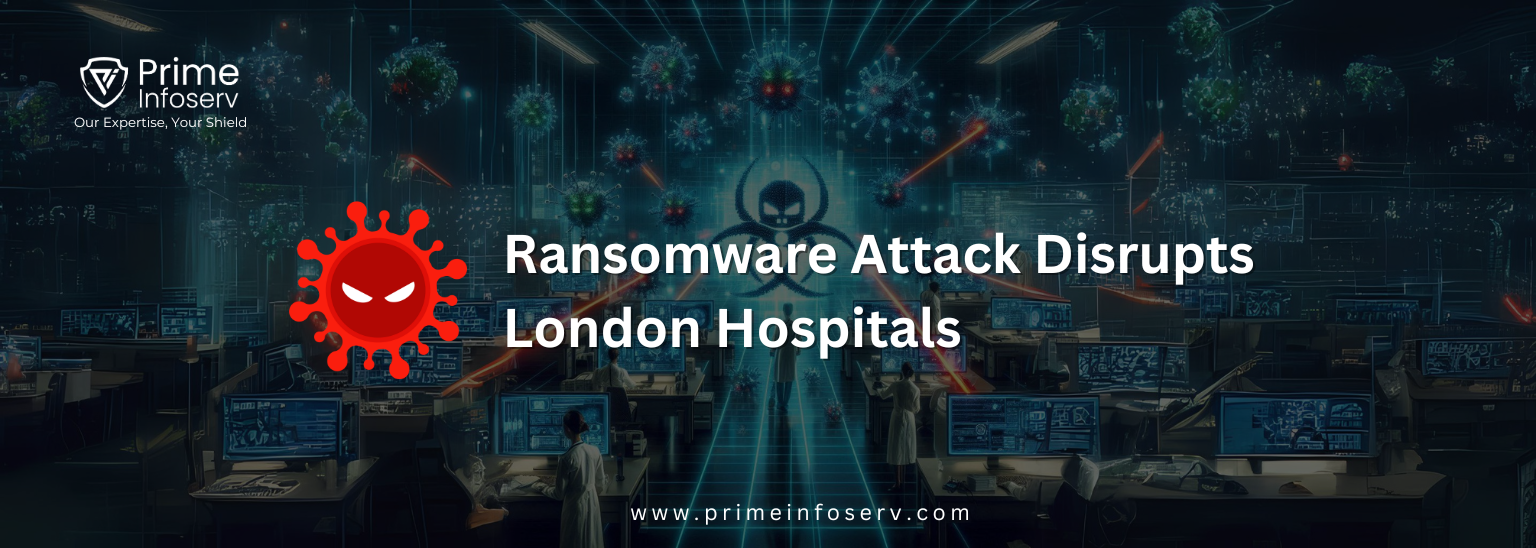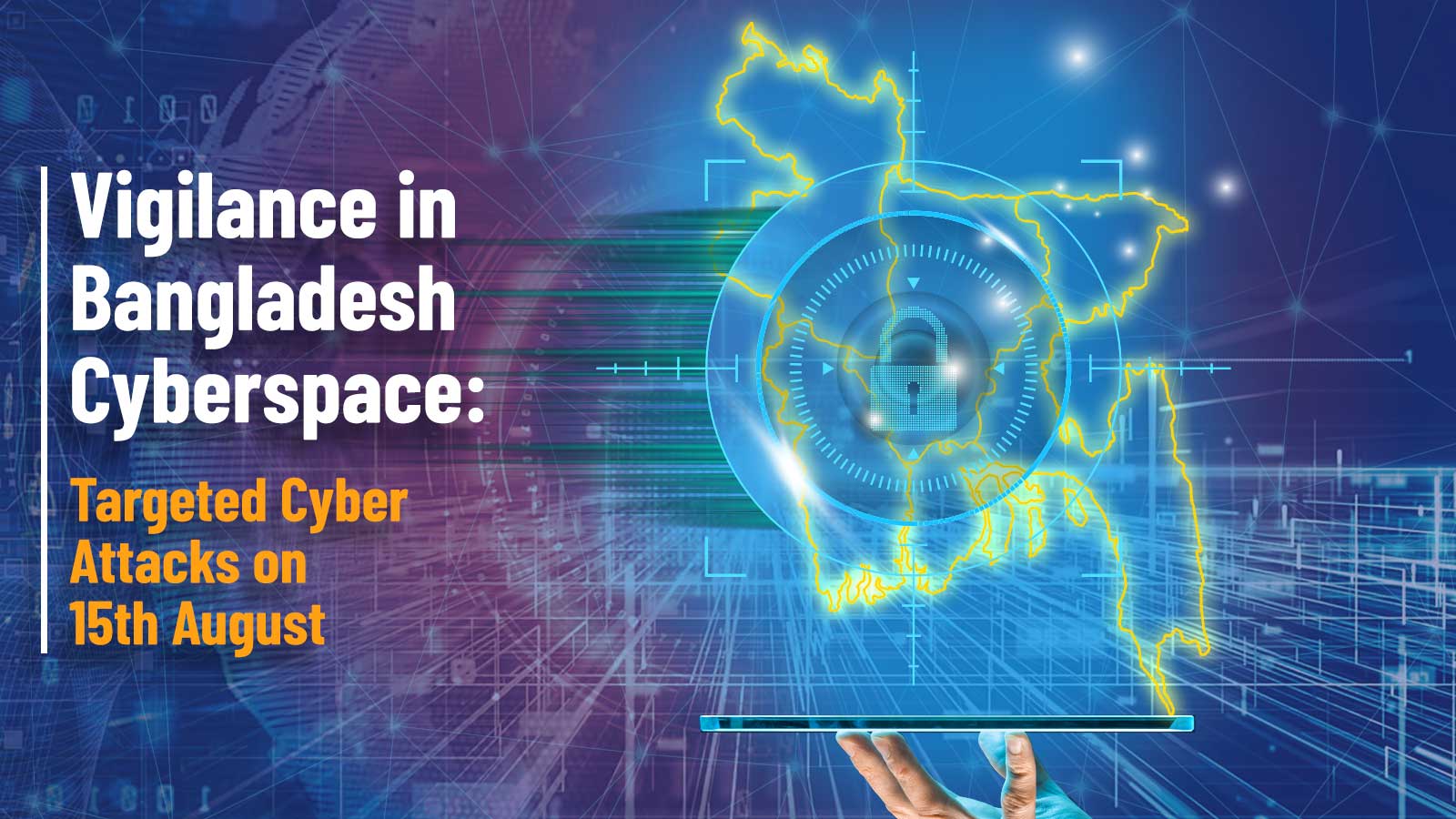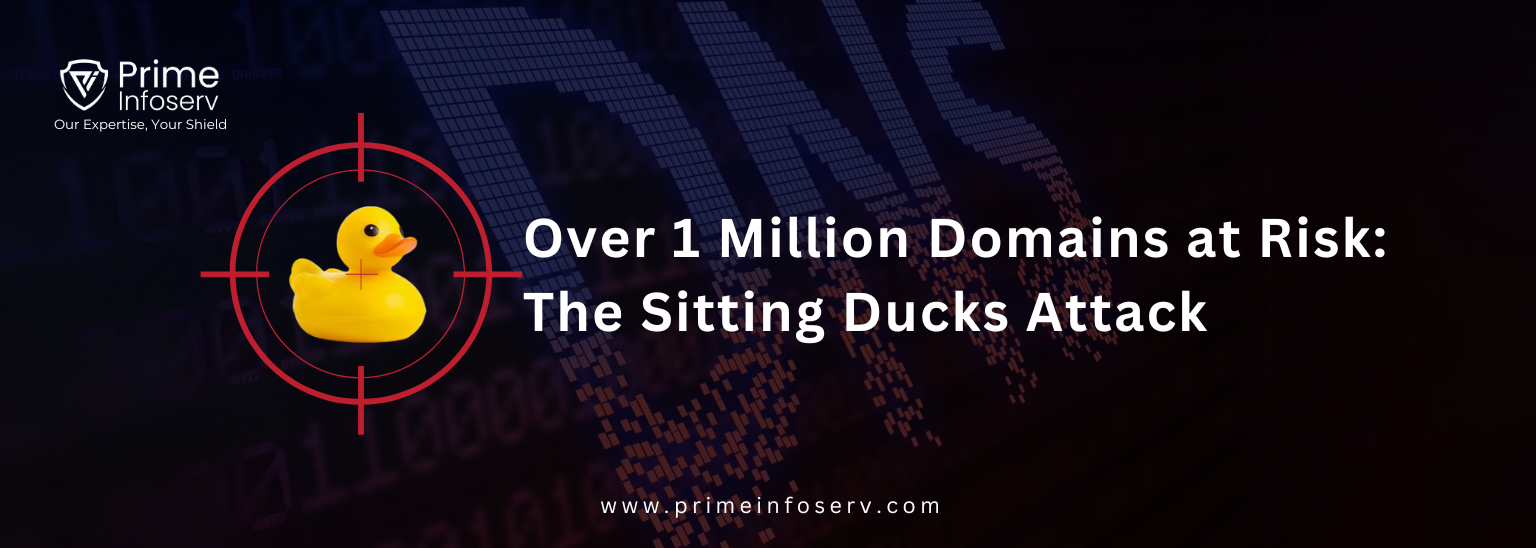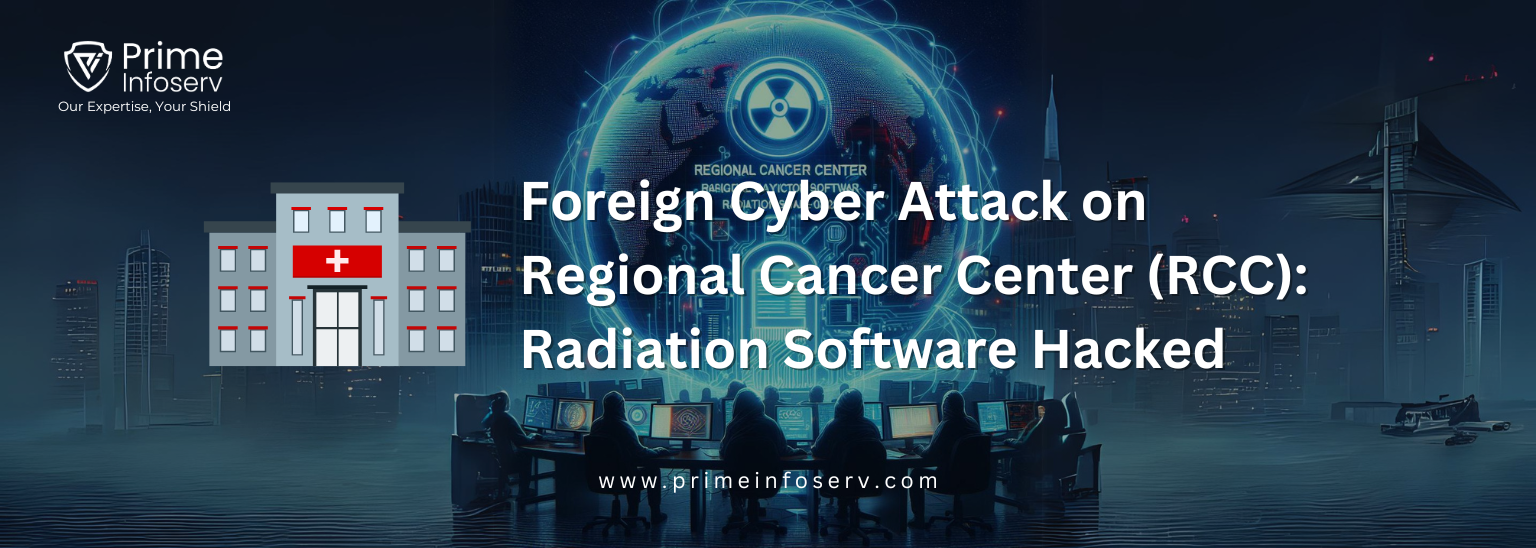The recent ransomware attack on London’s National Health Service (NHS) hospitals has sent shockwaves through the healthcare industry, exposing the vulnerabilities that persist within medical institutions’ cybersecurity defences. The attack, which targeted Synnovis – a key pathology services provider for NHS trusts in the capital, has had far-reaching consequences, disrupted essential medical services and potentially jeopardized patient lives at risk.
Over 200 emergency surgeries have been cancelled and thousands of crucial appointments, including cancer treatments, have been disrupted due to the ransomware attack’s impact on diagnostic services, blood tests, scans and transfusion services. Hospitals have been forced to divert patients to alternative facilities, straining resources and aggravating already lengthy wait times for critical procedures.
This incident serves as a stark reminder of the urgent need for robust cybersecurity measures within the healthcare sector. Hospitals increasingly rely on digital infrastructure to provide essential services, so they have become prime targets for cybercriminals seeking financial gain or causing disruption.
While technical solutions such as firewalls, encryption and regular software updates are crucial, healthcare organizations must also prioritize staff training and education on recognizing and responding to potential cyber threats. Human error remains a significant vulnerability and fostering a culture of cyber awareness is essential.
Furthermore, healthcare providers must have robust data backup and recovery protocols in place to ensure the continuity of operations in the event of a successful attack. Regular backups and efficient recovery mechanisms can minimize downtime and reduce the potential for data loss or ransom demands.
Collaboration within the healthcare community and with cybersecurity experts and sharing threat intelligence, healthcare providers can stay ahead of emerging threats and implement proactive measures to strengthen their defences.
Adherence to data privacy and security regulations, such as the General Data Protection Regulation (GDPR) and the Health Insurance Portability and Accountability Act (HIPAA), is not just a legal obligation but a critical step in safeguarding sensitive patient data from cyber threats.
The recent ransomware attack on London’s NHS hospitals serves as an eye-opening realization of the loopholes in cybersecurity areas that persist within the healthcare sector. As the industry continues to embrace digital transformation, cybersecurity must be a top priority. By implementing comprehensive security strategies, fostering a culture of cyber awareness, and collaborating with stakeholders, healthcare providers can fortify their defences and ensure the continuity of essential services, ultimately protecting patient safety and public trust.
PRIME INFOSERV, a CERT-In empanelled organisation with cybersecurity expertise, is always ready to handle security requirements with Governance, Risk and Compliance (GRC) services and Managed Security services (MSS).
Write to us at info@primeinfoserv.com or contact us at +913340085677 for queries about implementing a proactive approach and safeguarding your critical data. Follow our Facebook page and Instagram page for more information about us.





